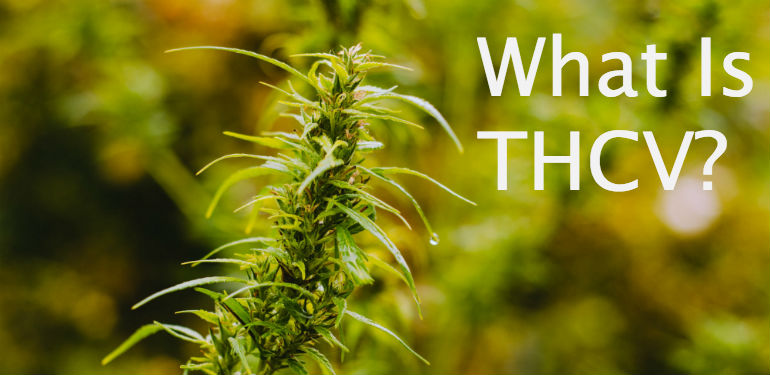Tetrahydrocannabivarin (THCV) is a cannabinoid substance discovered in marijuana and hemp plants. It's chemically similar to tetrahydrocannabinol (THC) however with some essential distinctions. Here's whatever you need to know about THCV consisting of the dangers, benefits, distinctions, and similarities with other forms of THC and more. What Is THCV? THCV is a less typical cannabinoid found in some pressures of cannabis, particularly African sativa.
 What Is THCV (Tetrahydrocannabivarin)? - CNBS
What Is THCV (Tetrahydrocannabivarin)? - CNBS
 THCV - Cresco Labs
THCV - Cresco Labs
 THCV vs THC: What Are the Differences? Articles Analytical Cannabis
THCV vs THC: What Are the Differences? Articles Analytical Cannabis
THCV has a 3-carbon side chain instead of THC's 5-carbon side chain. This difference is subtle, but it has a visible effect on the effect profile. THCV is rather psychoactive however just about and about. What Does THCV Feel Like? THCV has a strong energy-boosting element to it, which makes it especially popular amongst students and professional athletes.
In the United States, THCV guideline is nuanced. THCV is not a Schedule I Drug, but cannabis extracts are making it rather unclear what the federal position is on THCV. The 2018 Farm Expense mentions that hemp plants and all derivatives of the plants are legal on a federal level, a lot of companies follow this law and still provide THCV to clients by only extracting the substance from hemp plants.
If THCV is considered a THC analog, it might be managed in the future by the very same guidelines as THC under the Federal Analog Act. This act mentions that any substance that shares a comparable molecular profile as a known forbidden compound it's included in the very same drug Schedule classification.
What Are the Impacts of THCV? Proponents of THCV report that it produces an extreme burst of energy and makes them feel euphoric without the mental cloudiness triggered by THC. The impacts are super moderate compared to THC. The impacts are practically solely cognitive yet in some way have extremely little impact on headspace.
2. THCV & Hunger Some THCV users declare that it curbs their cravings. This is a typical result of other focus-enhancing compounds. It's as though THCV removes the diversion of other physical procedures (like appetite) in order to preserve resources and attention to cognitive jobs instead. How Does THCV Work? Cannabinoids produce biological impacts in the body by connecting with endocannabinoid receptors.
CB1 receptors lie in the nerve system and interact with neurotransmitters in the brain to produce mind-altering effects. Interaction with CB1 sites is what offers some cannabinoids like THC their psychoactivity. THCV is a bit tricky to comprehend since it's mainly a CB1 villain, implying it has the opposite effect as THC.
While researchers are still seeking to understand this process, it appears THCV has the ability to block the impacts of CB1 in low dosages and stimulate them in high doses. CB2 receptors are discovered primarily in the immune system. THCV is a partial agonist of CB2, but the effects of this partial activity aren't well-known, and it apparently has no discernible effect on THCV users' experience.
As pointed out in the previous area, THCV is a CB1 antagonist in low doses which is the exact opposite impact of delta 8 and delta 9 THC. This could indicate that THCV combats some of the psychoactive effects of THC. This effect might explain why people who use THCV feel so clear-headed particularly compared to the well-known "fogginess" induced by delta 9 THC.